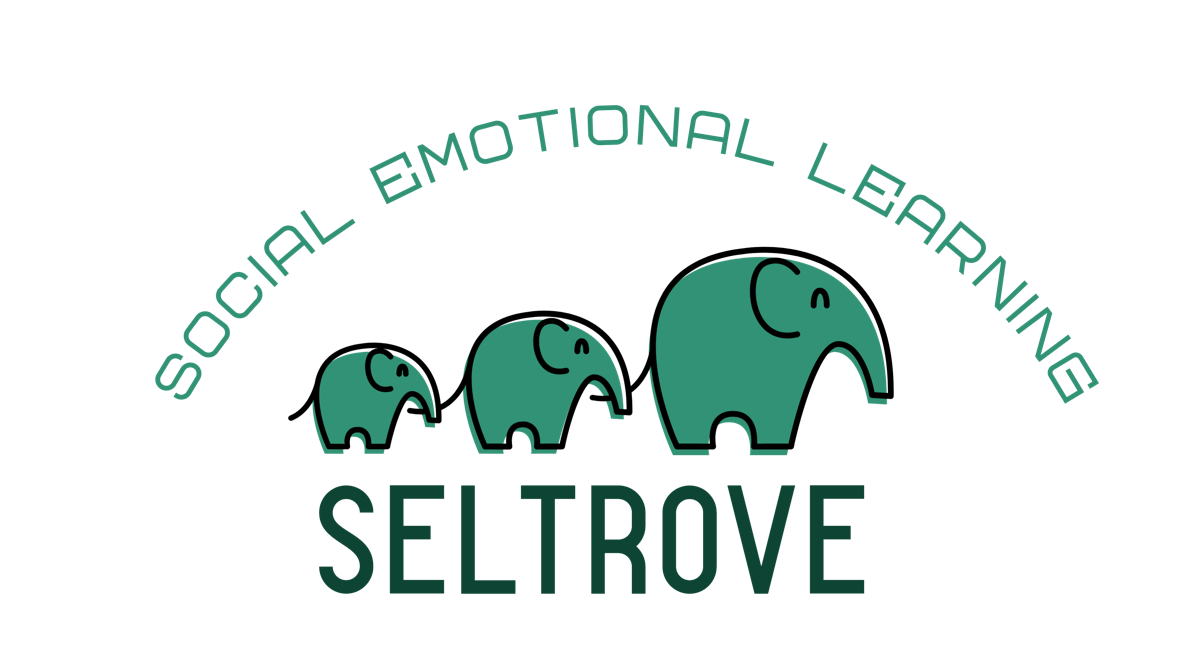
Data-Informed SEL: How AI Can Track and Measure Emotional Growth Over Time
Social-emotional learning (SEL) equips students with essential skills: self-awareness, empathy, responsible decision-making, and resilience. But measuring emotional growth has long been a challenge for educators. Unlike test scores, SEL outcomes are nuanced, contextual, and deeply personal.
That’s where AI in social-emotional learning assessment offers exciting new possibilities. By analyzing patterns in student reflections, behaviors, and interactions over time, AI can provide data-informed insights that help educators monitor progress, identify needs, and tailor interventions.
This article explores how AI is transforming SEL assessment, its benefits, and the ethical considerations needed to keep the focus on authentic emotional development.
Why Traditional SEL Assessment Falls Short
Historically, SEL has been measured through:
Self-report surveys,
Teacher observations,
Peer feedback,
Behavioral incident tracking.
While valuable, these methods:
Can be subjective,
Capture only snapshots of growth,
Struggle to provide real-time insights,
Often lack scalability across large student populations.
Educators are eager for tools that can track emotional development over time—without reducing complex human growth to simple metrics.
How AI Enhances SEL Tracking
AI offers a new approach by:
Analyzing student reflections (e.g., journaling, written assignments) for emotional vocabulary and growth,
Monitoring participation and engagement data (e.g., attendance, digital interaction patterns),
Detecting changes in tone and sentiment over time,
Aggregating schoolwide SEL trends to guide programming.
For instance, a student who initially describes conflicts with anger and later frames them with empathy and problem-solving language may be showing growth in emotional regulation and perspective-taking.
AI can highlight these patterns and provide visual dashboards to educators—making emotional development more visible and actionable.
Benefits of Tracking Emotional Growth with AI
✅ 1. Continuous, Real-Time Insights
Unlike static surveys, AI tools offer ongoing monitoring of student SEL progress, allowing for timely interventions when challenges arise.
✅ 2. Personalized Learning Pathways
By identifying each student’s strengths and growth areas, AI can help educators tailor SEL lessons, reflection prompts, and supports to meet individual needs.
✅ 3. Schoolwide Program Evaluation
Aggregate data provides valuable feedback on:
Which SEL initiatives are working,
Where gaps exist,
How school climate is evolving.
This supports evidence-based decision-making for administrators.
✅ 4. Empowering Student Reflection
Some AI tools allow students to view their own progress reports, reinforcing self-awareness and motivation by showing how their emotional literacy evolves over time.
Example Tools and Emerging Practices
Along: Offers AI-assisted journaling analysis for educators to monitor student well-being trends.
Peekapak: Combines SEL curriculum with AI-driven assessments to track student engagement and emotional growth.
Custom GPT-based journaling tools allow schools to tailor reflection exercises and analyze patterns over time.
The Brookings Institution notes that AI-enhanced SEL tracking is becoming a key priority for future-ready education systems (Brookings AI in Education, 2023).
Ethical and Practical Pitfalls
🚩 1. Privacy and Consent
AI tracking involves sensitive data about students’ emotions and behaviors. Schools must prioritize:
FERPA/COPPA compliance,
Clear, informed consent processes,
Transparent communication with students and families about how data is used and protected.
See Center for Democracy & Technology guidelines for ethical data practices (CDT.org).
🚩 2. Risk of Over-Monitoring
Constant monitoring may feel intrusive or erode trust. SEL is built on psychological safety; students must feel that their reflections are used to support, not surveil.
🚩 3. Reductionism
AI tools may attempt to quantify emotional growth too rigidly—risking oversimplification of deeply complex human development. Educators must interpret data as one piece of the puzzle, not the whole picture.
🚩 4. Bias and Misinterpretation
AI models trained on narrow datasets may misinterpret language from diverse cultural, linguistic, or neurodiverse students. Regular audits and human review are essential.
Best Practices for Ethical AI SEL Assessment
✅ 1. Prioritize Human Context
Combine AI data with:
Teacher observations,
Peer and family input,
Student self-assessment.
This ensures a holistic understanding.
✅ 2. Engage Students in the Process
Teach students how the AI works, what it tracks, and why. Empower them to participate in shaping their own SEL journey.
✅ 3. Build Clear Data Policies
Draft and share policies that define:
What data is collected,
Who can access it,
How long it’s stored,
How it’s anonymized.
✅ 4. Regularly Audit and Refine
Partner with cultural experts and SEL specialists to audit AI outputs for bias and accuracy. Adapt tools based on feedback and evolving needs.
Case Studies and Success Stories
Finland’s National SEL Initiative uses AI tools to assess emotional vocabulary development across diverse schools, helping tailor national programs.
Toronto’s AI SEL Pilot tracked student journaling over a year, noting measurable growth in self-regulation skills—paired with teacher-facilitated debriefs.
The OECD’s Future of Skills report underscores AI’s potential to make SEL assessment more equitable and evidence-based when implemented responsibly (OECD, 2023).
Conclusion: Data-Driven, Heart-Centered
AI in social-emotional learning assessment offers exciting opportunities to make the invisible visible, helping educators track and nurture emotional growth over time. But data should never overshadow human intuition, care, and contextual wisdom.
The best SEL assessment blends:
AI’s analytical power,
Teachers’ relational insight,
Students’ own voices.
Together, they create a roadmap for authentic, inclusive, and compassionate growth—where every learner’s journey is seen, supported, and celebrated.
Want to learn more?
Access classroom-ready turnkey resources for your SEL classroom. Our SEL resources are crafted to be both engaging and interactive, aimed at nurturing empathy, compassion, and well-being among students. With a commitment to creating inclusive and kind classroom environments, our suite of print and digital materials is designed to support educators in this mission
Products
Teacher Resources
Get in touch
-
516 North Ogden Ave, Suite 111 Chicago, IL 60642
-
andy@seltrove.com
-
312-224-2536